Our camp was cut off from the nearest town due to flooding on the roads and even the Trans Kalahari Highway, which links our three sites, has been underwater for several weeks. Sadly, the torrential rain also flooded both our Education Centre and staff camp, causing approximately $4,000 in damage to buildings, roofs and equipment. This unusual flooding has also had impact on the local community. Local tourism operators in our area, barely afloat due to the pandemic, have now had to close their businesses because of the flooding, further exacerbating their financial woes.
We are worried that if these increasing effects of climate change continue, the flooding experienced will significantly kill off grass and plant life to the point where it may be equally as damaging as the drought. Thankfully our recent upgrades to the solar system at our camp have meant that we haven’t experienced any power outages despite the number of cloudy days. The Ghanzi camp staff are now looking forward to some rain-free days in which they can start the repairs to the damaged infrastructure.

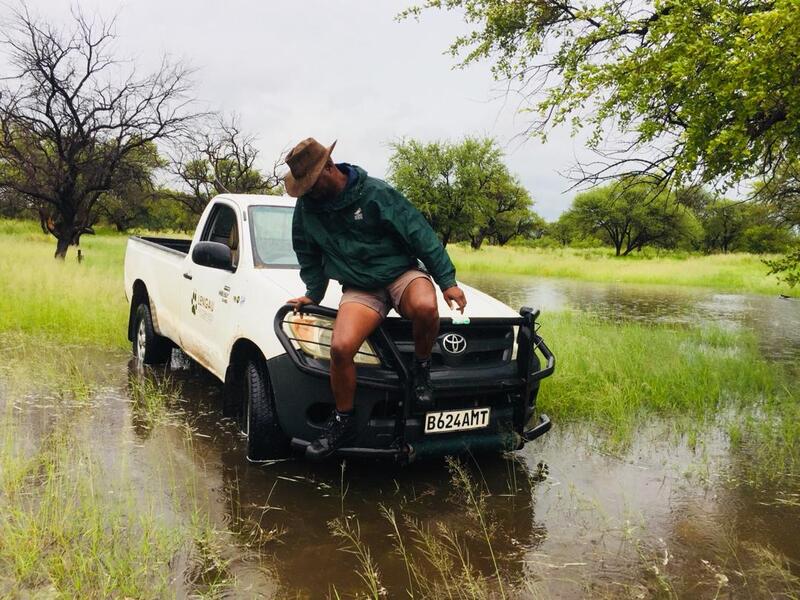
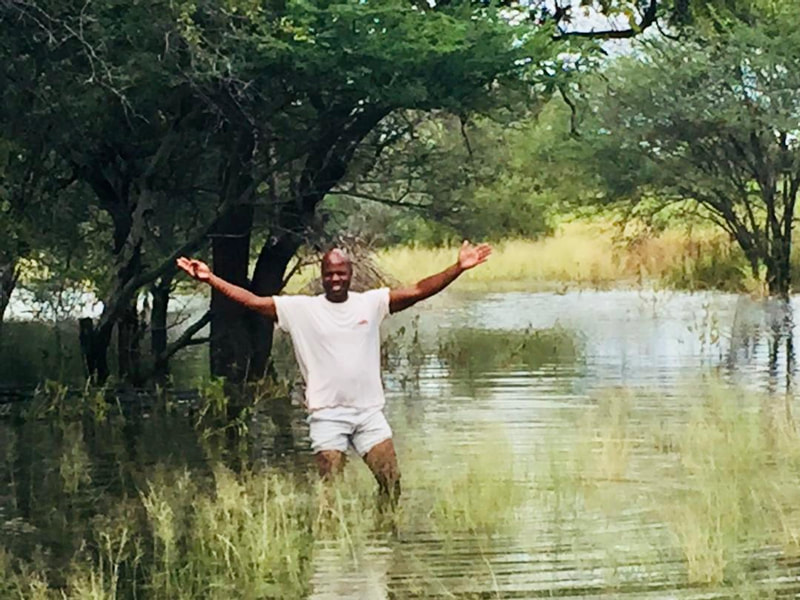
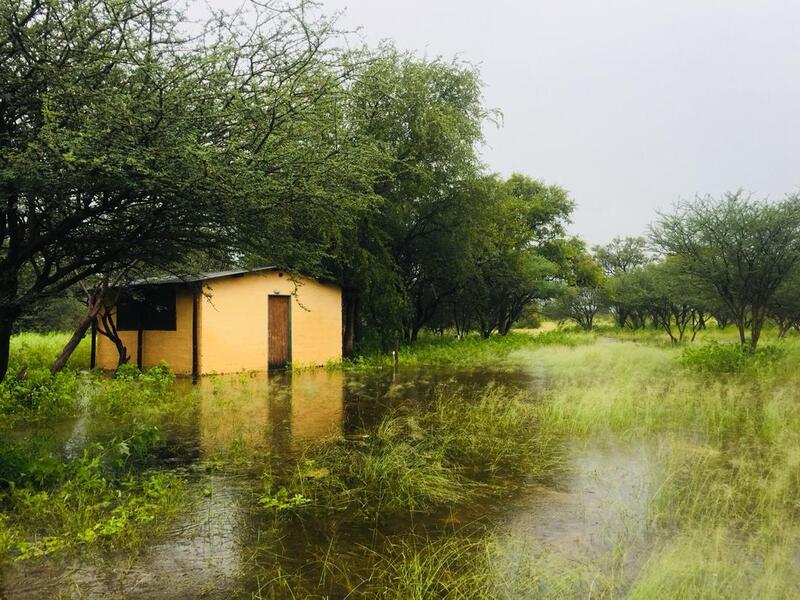
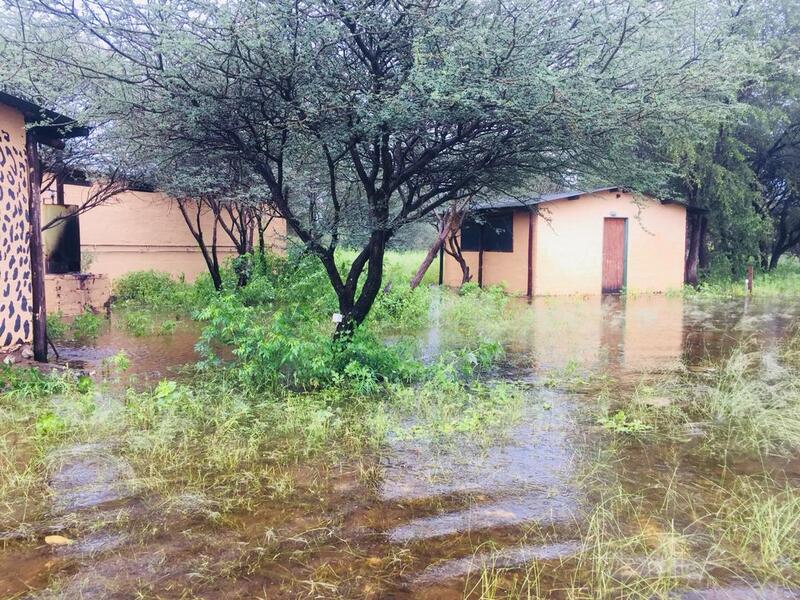
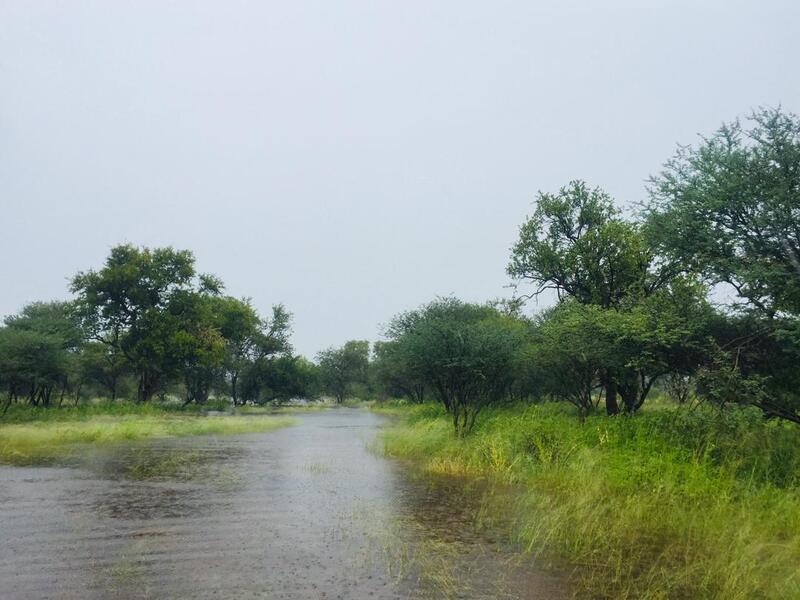
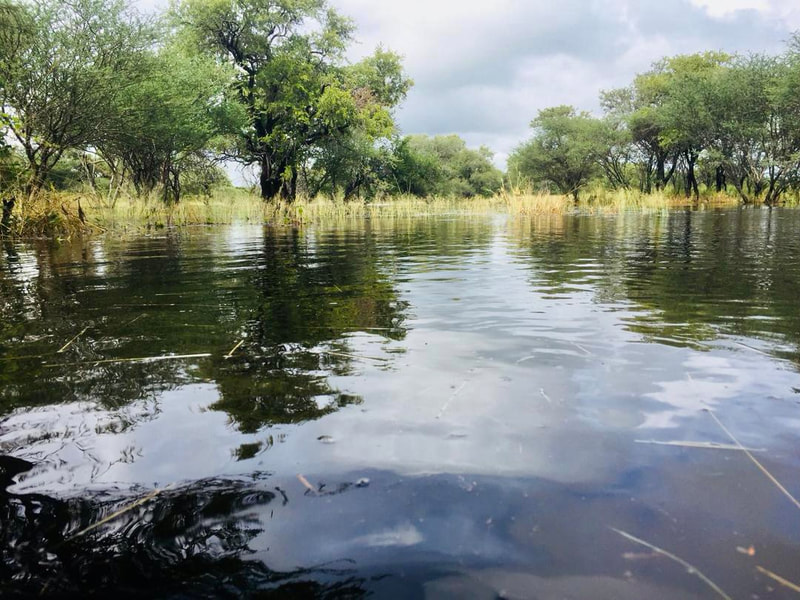
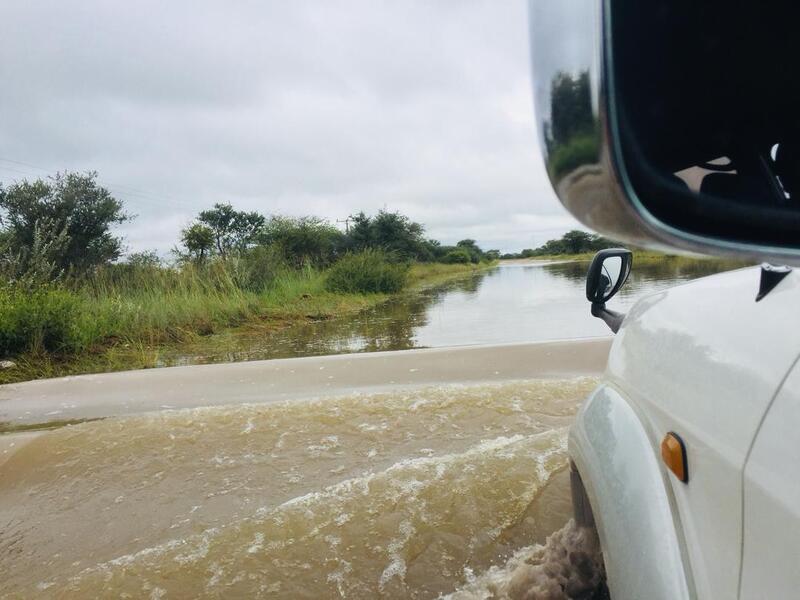
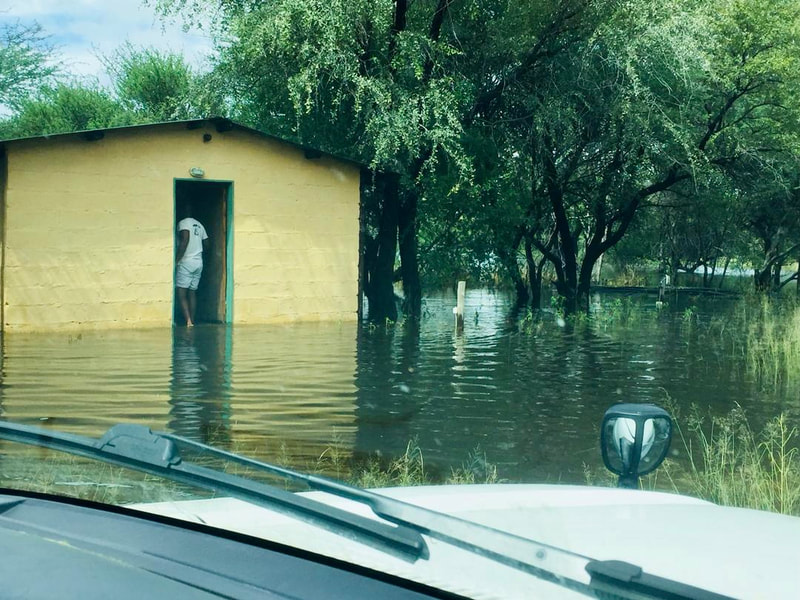
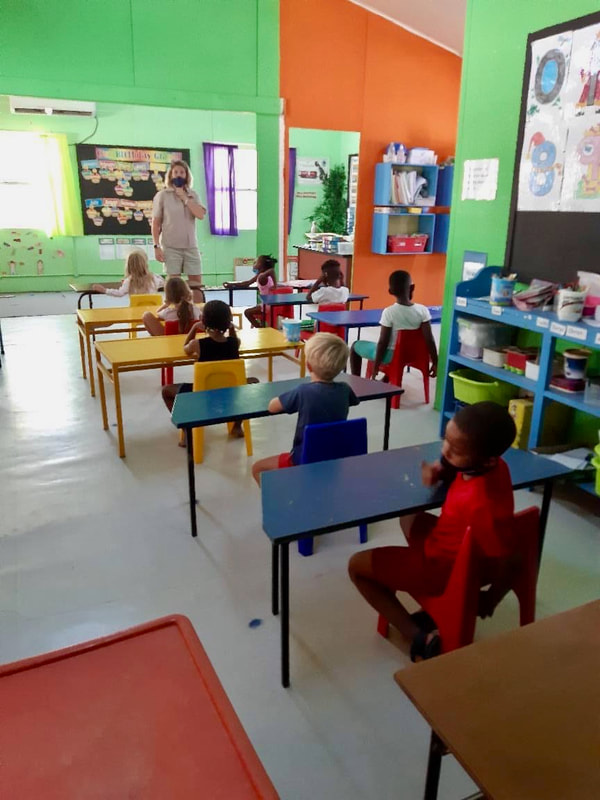
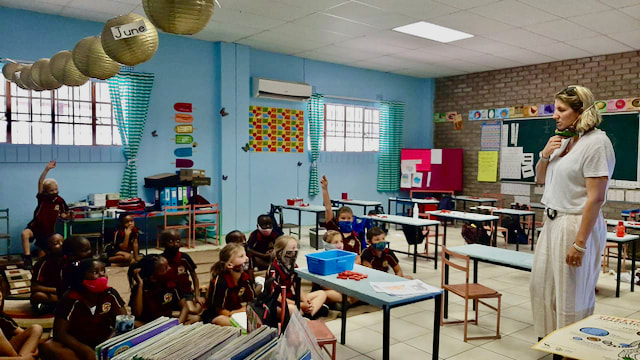
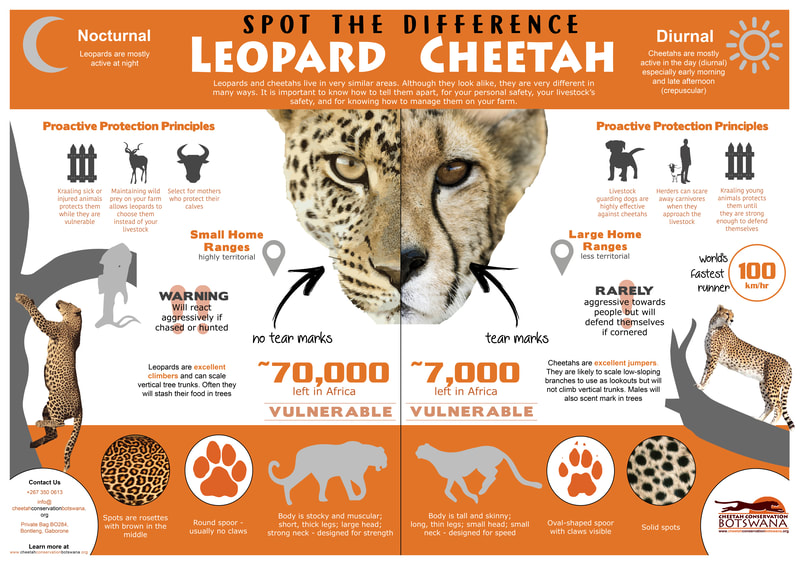
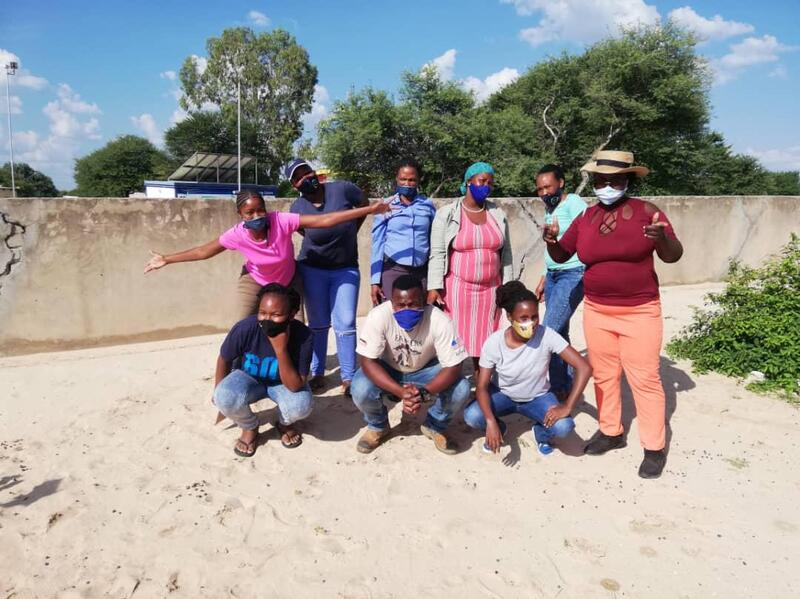
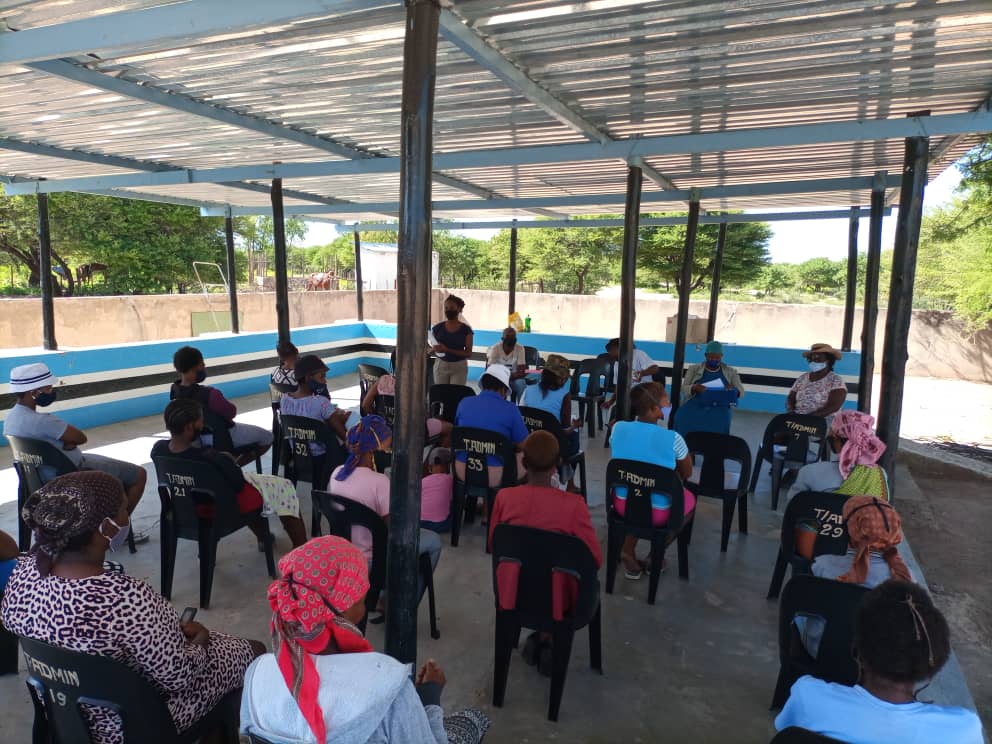
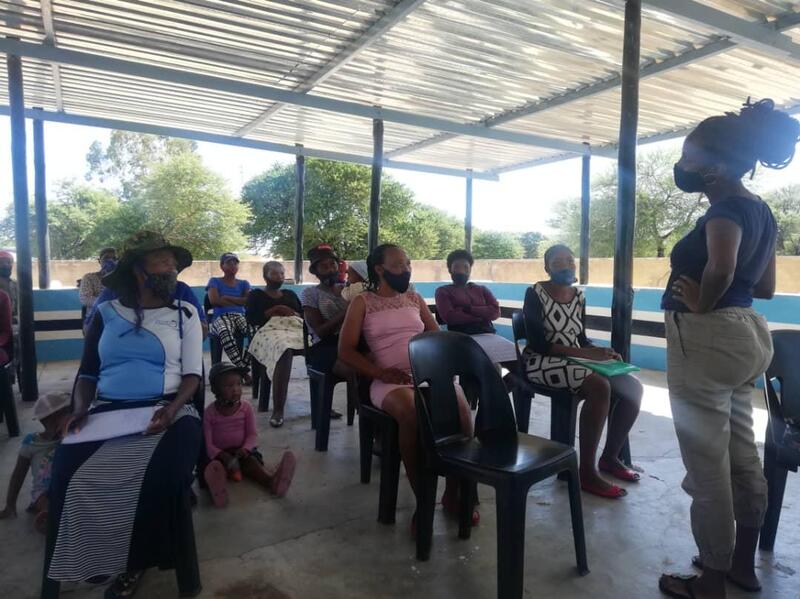
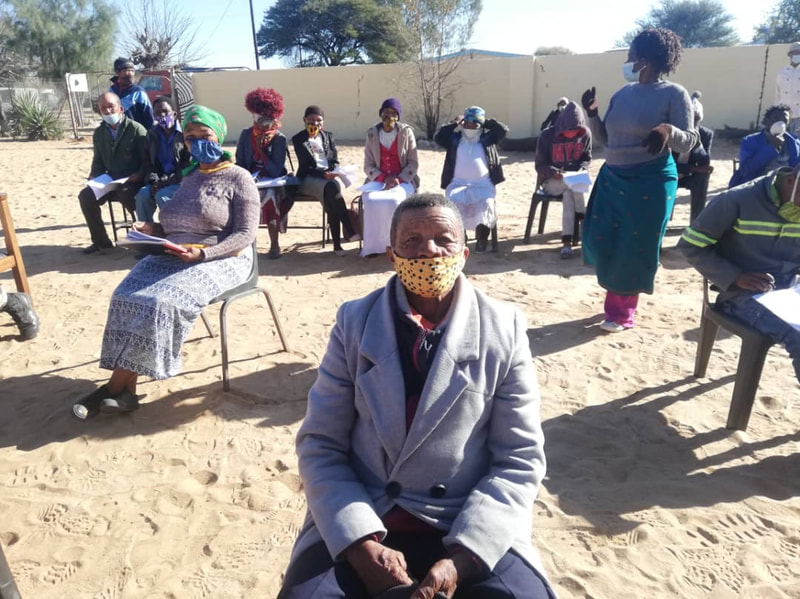
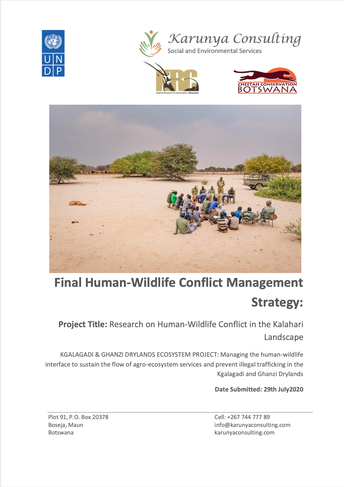
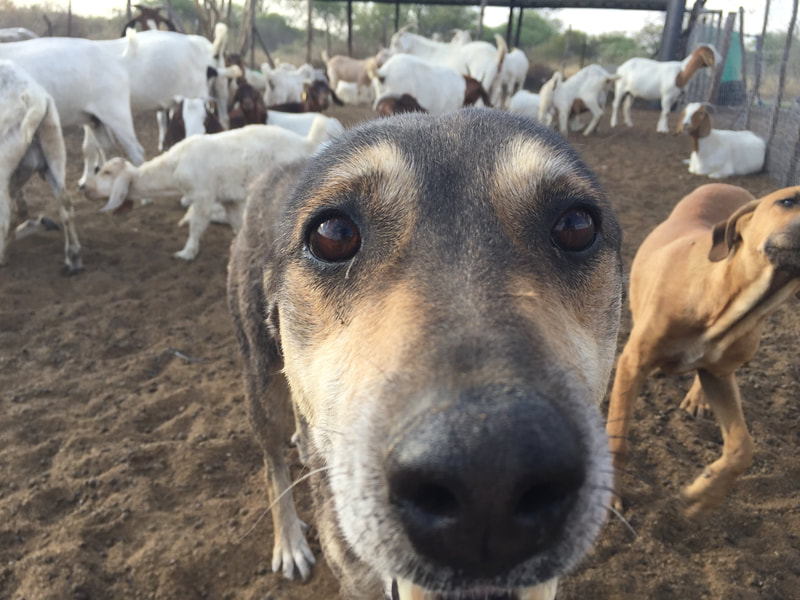
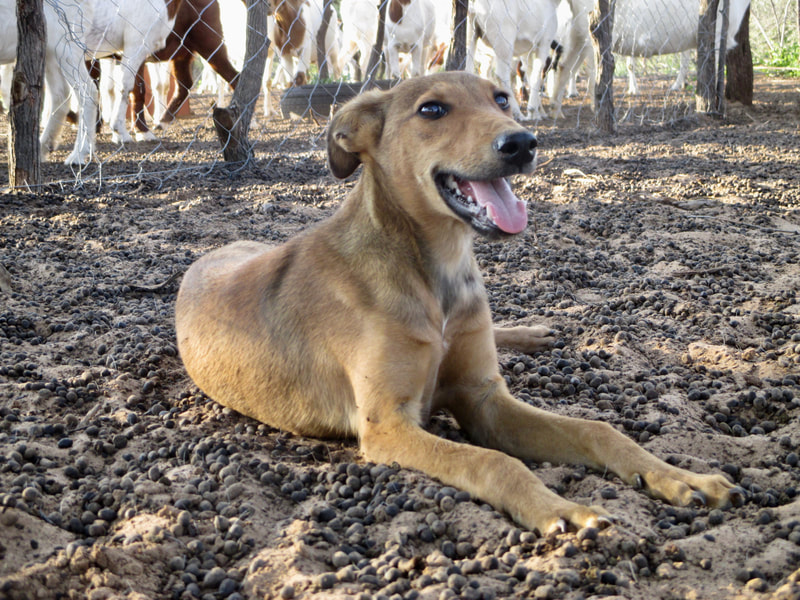
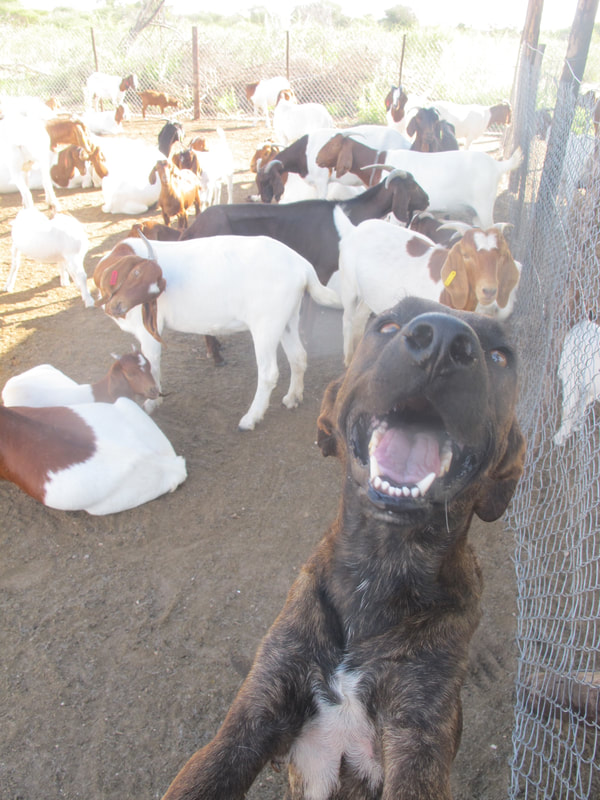
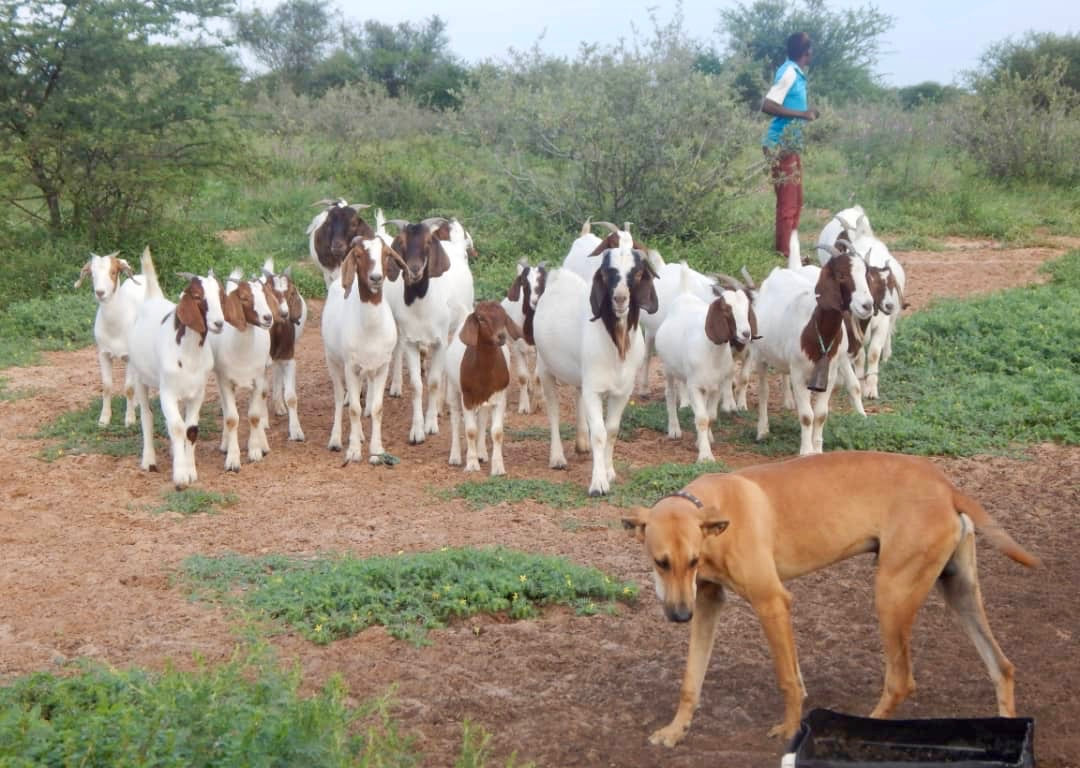
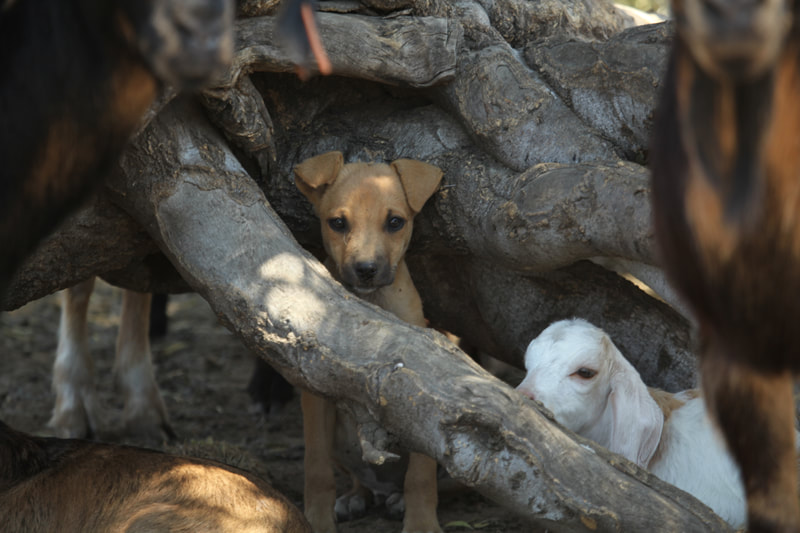
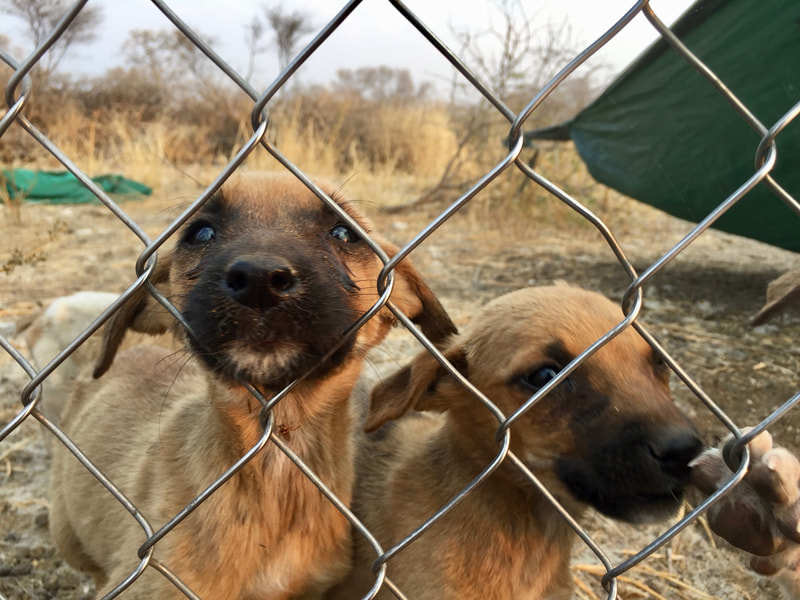
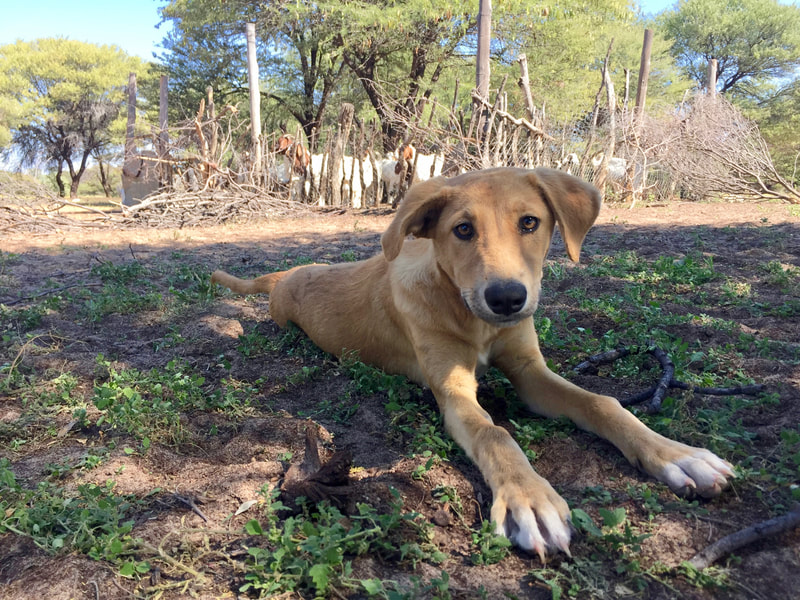
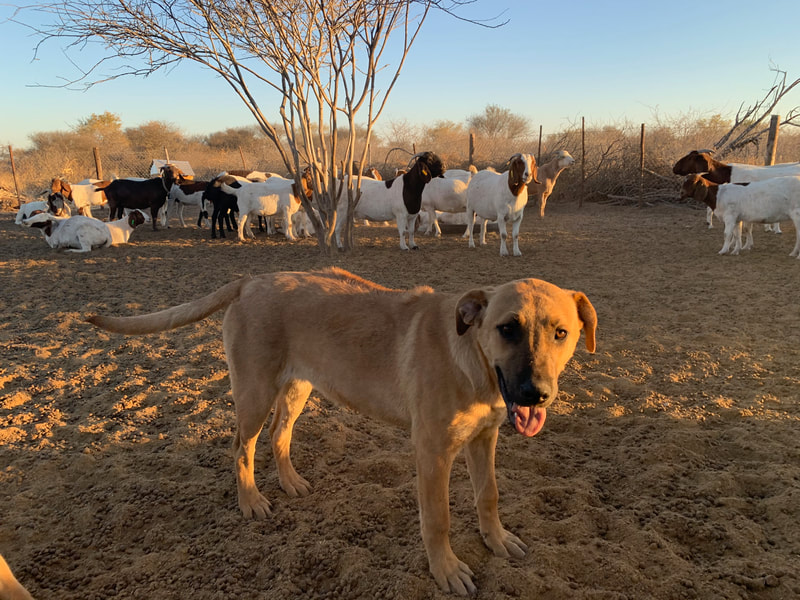
 RSS Feed
RSS Feed
